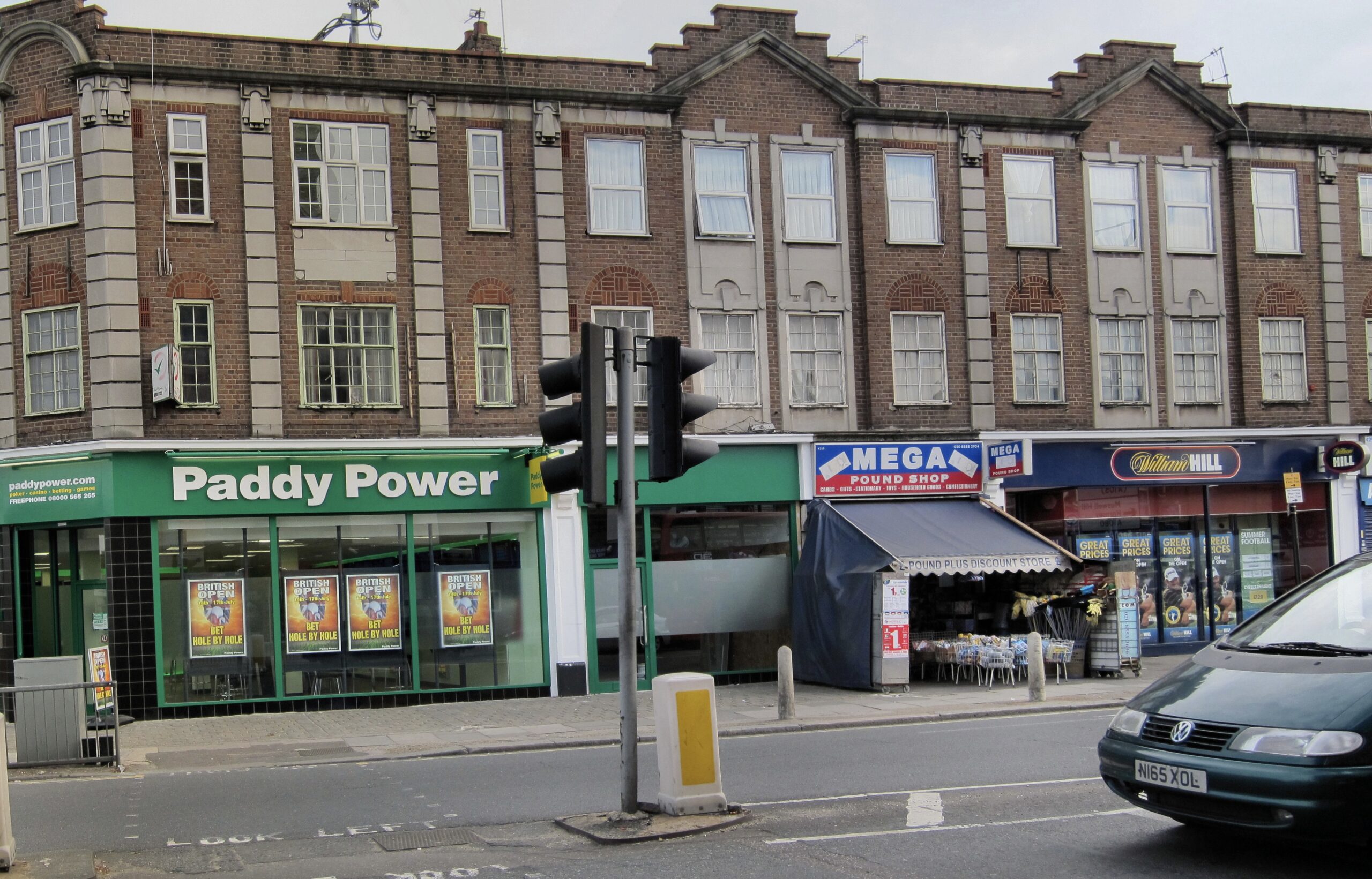By Calum Taylor
With parliament dissolved today, the general election campaign is officially on and the Labour Party is odds on to topple the incumbent Conservatives according to both the bookies and opinion polls.
The betting comparison site OddsChecker shows the odds are skewed towards a solid Labour victory, suggesting around a 90 per cent probability that the party wins the most seats at 2/17. This means a bettor would win £2 for every £17 bet on a Labour win.
This aligns with widespread polling trends that predict a similar outcome, making the current election different to some more closely fought political contests in recent years such as the 2016 EU referendum and the 2020 US election.
Leighton Vaughan Williams, Professor of Economics at Nottingham Trent University said: “2024 does present certain challenges for betting companies.” He added that when the outcome looks highly predictable, “the odds can become heavily skewed, reducing the incentive for bettors to participate and limiting the profitability for bookmakers.”
While some bettors are deterred by this, many bookmakers remain optimistic.
“The prospect of a UK General Election in 2024 is particularly exciting for us,” said Kayley Cornelius, Political Specialist at bookmaker Betfred – “regardless of the polls and odds on the main outcomes.”
“Having a short favourite can be advantageous, attracting high-stake punters who bet on heavy odds favourites. For instance, we have had customers willing to stake £100,000 on a 1/10 shot to win £10,000, confident in their research and the polling data.”
No bet is safe, however, and election campaigns can be volatile. For instance, when Prime Minister Theresa May called a snap general election in 2017, the odds for a Conservative majority were immensely favourable (2/11, or an 85 per cent likelihood). She later lost her majority.
Since the mid-2010s, betting on politics has boomed in popularity, fuelled partly by smartphones making it easier to access gambling platforms.
For Williams, the consequences for democracy are two-sided. Although betting can “enhance political engagement and provide additional data”, it can also “contribute to the commodification of democratic processes” and “potentially influence the behaviour of politicians and voters”.
If you have concerns about gambling, help is available at the National Gambling Helpline. Call 808 8020 133 for free information, support and counselling, available 24 hours a day, 7 days a week.
Feature Image: Paddy Power & William Hill – Lordship Lane betting shops – Alan Stanton/Flickr

